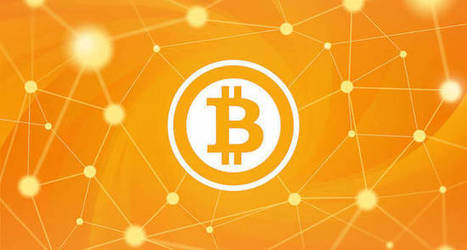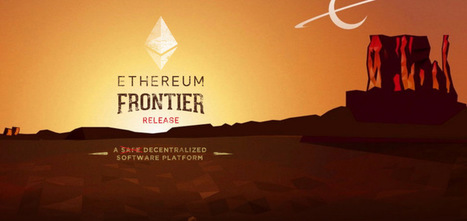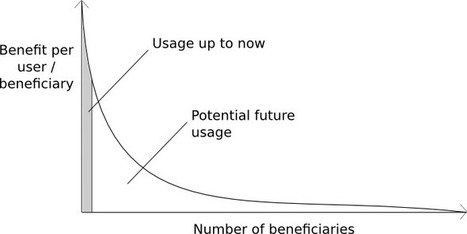New York City's decentralised apps studio ConsenSys is beginning its "Internet-of-People" campaign with Ethereum-based identity on Ubuntu phones and tablets.
ConsenSys and BlockApps are collaborating with the Ubuntu project's commercial sponsor, Canonical, to deliver web wallet and identity system uPort Biometric Identity tools on Ubuntu devices.
The Nimbus/uPort/Ubuntu proof-of-concept will be unveiled at Mobile World Congress on 22 February, said ConsenSys in a statement.
Nimbus permits users secure interaction with the Ethereum blockchain through biometric protection of cryptographic keys. Through this feature, users will be able to access Ethereum to use decentralised applications (DApps) and develop Ethereum blockchain software.
uPort
uPort represents the next generation of identity systems: the first identity system to enable self-sovereign identity, allowing the user to be in complete control of their identity and personal information, said ConsenSys.
The uPort attestation system allows third-party authorities as well as peers to validate the user's information creating both a rich social fabric as well as powering solid KYC/AML systems in the financial sector. Through uPort's selective disclosure system the user has a total overview over which of their peers, business partners or counterparties can access their information.
Ubuntu
The Ubuntu phone allows total control over the information users distribute online including digital identity. Ubuntu phones and tablets are ideal prototyping tools for building the next generation of mobile blockchain apps as they offer a combined development environment and a testing tool for mobile apps.
As well as inheriting from Ubuntu's security and respect for user's confidentiality, these devices build on strong relation created on the server and cloud side between Ubuntu and Ethereum.



 Your new post is loading...
Your new post is loading...












You are welcome to susbcribe to this fork of "Cross Pond High Tech" focusing on Decentralized Consensus ; don't hesitate to submit enlightning and quality content. Thank you for your interest and future contributions !